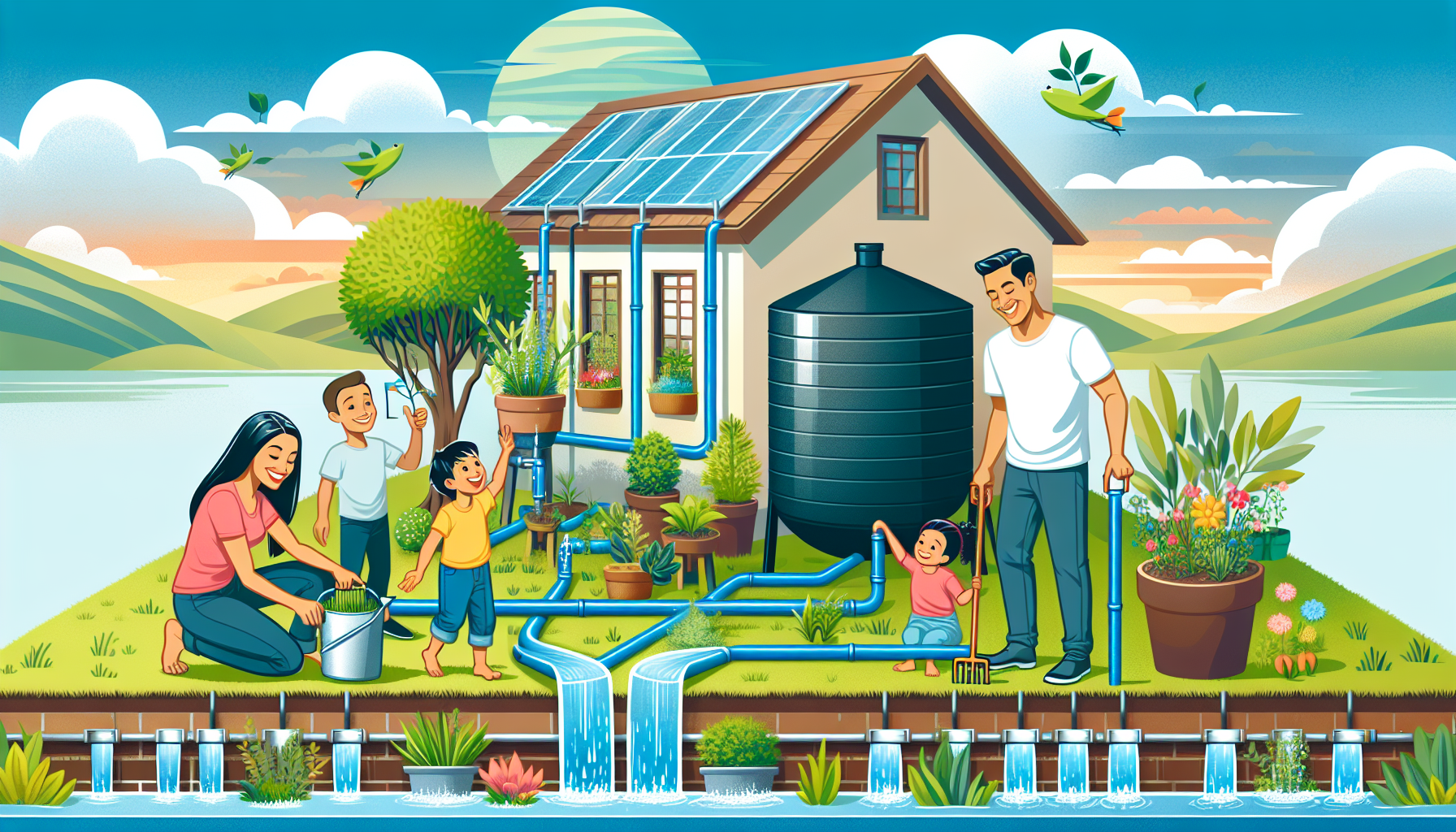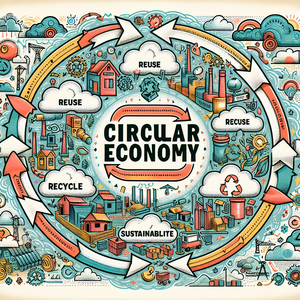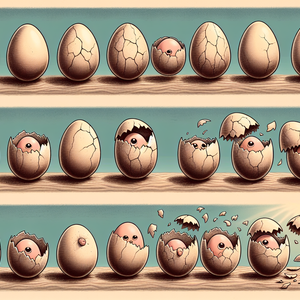Green Machines, Green Jobs: Environmental Careers at John Deere

Sustainability in agriculture refers to practices that meet current food needs without compromising the ability of future generations to meet their own. It involves a holistic approach that considers environmental health, economic profitability, and social equity. John Deere's sustainability initiatives focus on reducing emissions, conserving resources, and promoting biodiversity, aligning with global efforts to combat climate change. For instance, the company has set measurable goals to reduce greenhouse gas emissions in its manufacturing processes and aims to enhance the efficiency of its equipment, leading to lower fuel consumption for farmers.
Career Opportunities in Environmental Science
One of the primary career paths available at John Deere is in environmental science. Professionals in this sector analyze the ecological impact of farming practices and develop strategies to mitigate negative effects. Environmental scientists at John Deere may conduct ecological assessments to evaluate the biodiversity of ecosystems affected by agricultural activities. For example, they may study soil health, water quality, and wildlife habitats to provide invaluable data that guides sustainable practices. Additionally, their research contributes to the development of new technologies that help farmers minimize their environmental footprint.
Sustainability Engineering: Innovating for a Greener Future
Sustainability engineering is another critical area within John Deere. Engineers in this field are tasked with designing machinery and systems that minimize environmental impact. They are involved in projects aimed at enhancing fuel efficiency, reducing emissions, and developing alternative energy sources for farming equipment. For instance, John Deere has invested in electric and hybrid technologies, aiming to reduce the carbon footprint of its machinery. By integrating advanced technologies such as precision agriculture and automation, sustainability engineers contribute to optimizing resource use in farming, ultimately leading to more efficient and eco-friendly agricultural practices.
Eco-Friendly Product Design
Product design plays a vital role in sustainability at John Deere. Designers and engineers collaborate to create products that are not only effective but also environmentally friendly. This involves selecting sustainable materials, designing for durability to extend product life, and ensuring that products are easily recyclable at the end of their life cycle. Innovations like precision agriculture tools, which optimize resource use and minimize waste, exemplify how eco-friendly design can lead to more sustainable farming practices. For example, John Deere's use of advanced sensors and data analytics allows farmers to apply water and fertilizers more efficiently, reducing runoff and preserving precious resources.
Training and Development for Green Careers
To support its sustainable initiatives, John Deere places a strong emphasis on training and development within the organization. The company offers programs focused on sustainability principles, enabling employees to enhance their knowledge and skills in this critical area. Partnerships with educational institutions further bolster these efforts, ensuring that the workforce is equipped with the latest knowledge and practices in sustainability. By investing in employee development, John Deere not only fosters a culture of innovation but also prepares its workforce to tackle the challenges posed by a rapidly changing agricultural landscape.
As the agricultural sector faces increasing pressure to adopt sustainable practices, John Deere stands out as a leader committed to environmental stewardship. The diverse career opportunities available in environmental science, sustainability engineering, and eco-friendly product design offer individuals a chance to contribute meaningfully to a greener future. By fostering innovation and sustainability, John Deere addresses the pressing challenges of modern agriculture while empowering its workforce to be at the forefront of creating sustainable solutions. In doing so, the company exemplifies how the agriculture industry can evolve to meet the needs of both people and the planet, paving the way for a more sustainable future for generations to come.
Environmental Scientist
Environmental consulting firms, agricultural research organizations, government agencies
Core Responsibilities
Conduct ecological assessments of agricultural practices to evaluate their impact on local ecosystems.
Analyze soil health, water quality, and biodiversity to inform sustainable farming strategies.
Collaborate with farmers and stakeholders to implement best practices that reduce environmental footprints.
Required Skills
Proficiency in data analysis and ecological modeling.
Strong communication skills for presenting findings to diverse audiences.
Fieldwork experience and familiarity with environmental regulations.
Sustainability Engineer
Agricultural machinery manufacturers, renewable energy firms, engineering consultancies
Core Responsibilities
Design and develop agricultural machinery that maximizes efficiency while minimizing emissions and resource use.
Lead projects focused on the integration of renewable energy sources in farming equipment.
Conduct lifecycle assessments to evaluate the environmental impact of new product designs.
Required Skills
Expertise in mechanical or environmental engineering principles.
Experience with CAD software and other design tools.
Knowledge of sustainability metrics and compliance standards.
Eco-Friendly Product Designer
Companies specializing in sustainable product design, agricultural equipment manufacturers
Core Responsibilities
Create innovative designs for agricultural tools that prioritize sustainability and resource efficiency.
Select sustainable materials and ensure products are designed for durability and recyclability.
Collaborate with engineers and marketing teams to align product features with sustainability goals.
Required Skills
Strong background in industrial design with a focus on sustainable practices.
Familiarity with materials science and eco-design principles.
Proficiency in design software such as SolidWorks or Adobe Creative Suite.
Precision Agriculture Specialist
Agritech companies, agricultural cooperatives, research institutions
Core Responsibilities
Implement and manage precision agriculture technologies that optimize crop yields and resource use.
Analyze data from sensors and drones to provide actionable insights for farmers.
Train farmers on the use of technology in sustainable farming practices.
Required Skills
Strong analytical skills and experience with geographic information systems (GIS).
Knowledge of agronomy and crop management practices.
Familiarity with data analytics tools and software.
Sustainability Program Manager
Large agricultural firms, non-profits focused on environmental sustainability, government agencies
Core Responsibilities
Develop and oversee sustainability initiatives within agricultural operations.
Monitor and report on key sustainability metrics, ensuring compliance with environmental regulations.
Collaborate with internal teams and external partners to promote sustainable practices and innovations.
Required Skills
Strong project management skills and experience in program development.
Excellent communication and leadership abilities to engage stakeholders.
Knowledge of sustainability certifications and reporting frameworks (e.g., ISO, GRI).


